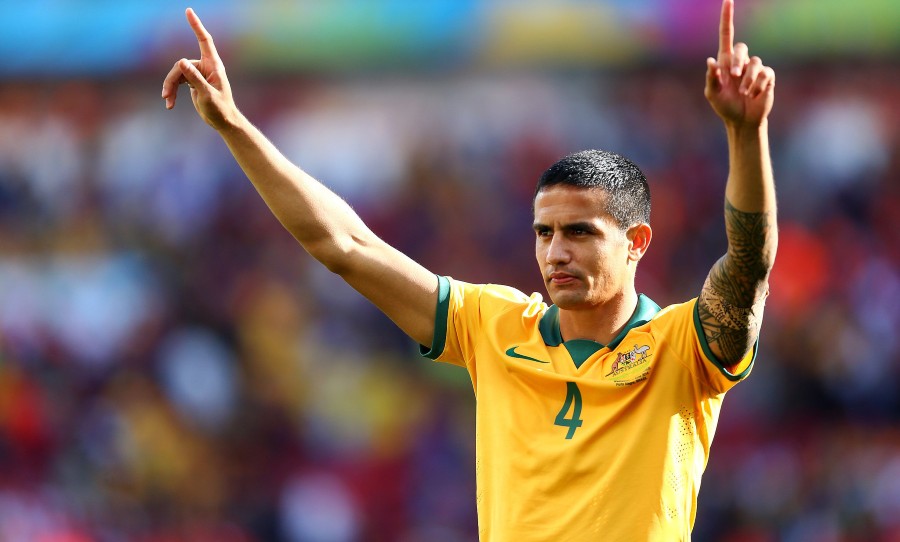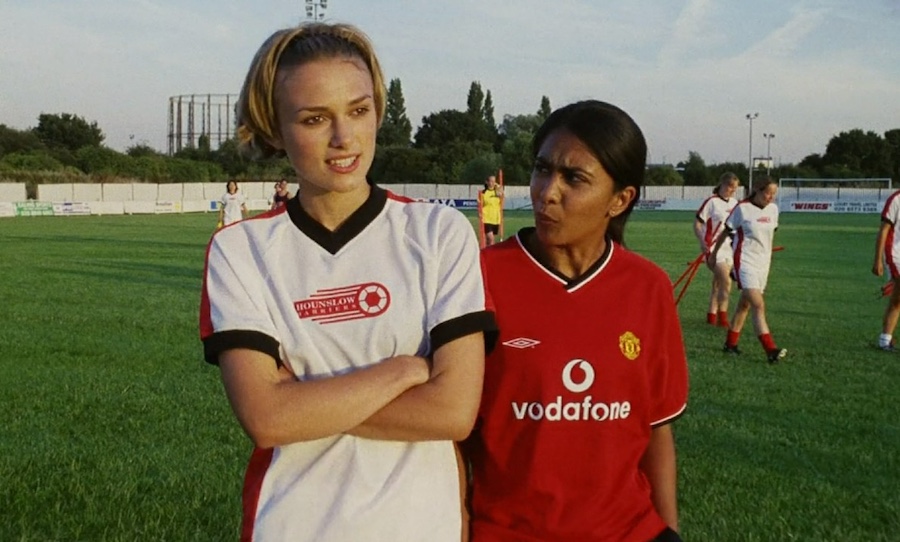After 4 years on the sidelines, Australian football legend Tim Cahill is being subbed back into FIFA 22 as a ‘Hero’: a title reserved for players who have achieved icon status.
Tim Cahill is nothing short of an Australian – and international – sporting icon. His career has seen him represent the country at the FIFA World Cup, play in multiple Premier League teams, and most importantly to him, act as an essential ambassador for the sport.
Now retired, Cahill relishes any opportunity to continue his legend. Currently serving as the Chief Sports Officer at Aspire Academy, he considers it an essential part of his service to uplift new and existing players around him. Another instrumental avenue for that kind of engagement has always been FIFA – the game.
Tim Cahill hasn’t been part of FIFA for four years, but that’s about to change. FIFA 22, available October 1st, will introduce Heroes; nostalgic, legendary players whose careers speak for themselves. As one of Australia’s most-requested players Cahill is amongst the new cohort, which means his from-the-corner headers and boxing goal celebrations are all back on the virtual pitch.
We had the opportunity to catch up with Cahill to chat all about it – and his career at large. From FIFA matches against Snoop Dogg, to the game’s place in his own family life, to how he’s continuing to fight for a healthier treatment of athletes, we covered a lot of ground.
HAPPY: You’re about to be re-added to FIFA after some time on the bench, so how does it feel to be back?
TIM: Nice! I’m retired, relaxed, with many years on the cover and a great relationship with FIFA. Now back as a Hero card, it’s a massive privilege because it just reflects my career. You don’t realise ’til after what you’ve done in your career, but it’s a nice added touch for them to reintroduce me, and to bring the magic back to the pitch. I’m really excited.
HAPPY: What’s the actual process of getting your player profile together? Do you collaborate with EA in how the player is meant to act, walk around, celebrate a goal… or is that all done for you?
TIM: At the start it’s quite generic, it’s a process where you begin to understand the player. A lot of the clubs’ data is collated so they know the levels of fitness, heading, shooting, aggressiveness, stuff like that. After you start to develop as a player and you hit some milestones, you’re asked to do covers, you might have to put on a suit, and you look at adding different features. I’m fortunate as I’m quite a big gamer when it comes to FIFA over the years – my boys play a lot – and I have a great relationship with EA Sports and have travelled around the world with them.
When I was in New York I played with Drake and his entourage, Snoop Dogg one year to do a cover, and travelled around the world with other players doing the global adverts. Messi, Rooney… there’s been some really good milestones. Sure you want an input, but one of my strongest traits is heading ability which I’m quite proud of, so to bring that back as a Hero Card and the boxing celebration, it’s iconic. I’m excited for it.
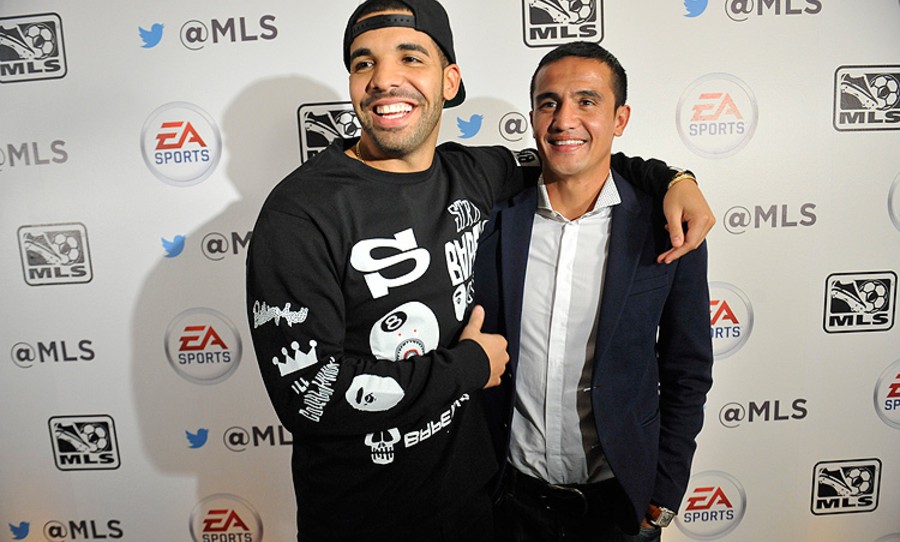
HAPPY: What’s more nerve-wracking, getting onto the pitch in real life or teeing up against someone like Snoop or Drake on the virtual pitch?
TIM: You know what, that was quite surreal. I think we were preparing for the FIFA 14 cover, there was this massive activation in New York City. We were waiting for Drake, Alicia Keys’ husband was the DJ, ASAP Rocky was there, and the thing was, they were playing Tim Cahill – an Australian Samoan. That’s when you know, wow, this is surreal. I picked New York Red Bulls, he picked Real Madrid, I beat him 2-1. I scored the winner with me from the corner – back post, headed back where it comes from, pretty much real life – it was just all fun. They’re things I look back on like ‘was I really there?’
HAPPY: In FIFA 15 you were added to the game with a sub-par rating, but fans had the last word and your rating was jacked up five points. So do you have any early word on where you rating is this time around?
TIM: No! You know what, as players, we were talking about that, ‘do you think about it?’ When you’re in the Premier League and all over the world, for sure, you look at your ratings and do activations with the club and media and you talk about why my rating is here, or lower than yours, but I just say to people… just cross it in the box. Nine times out of ten, Cahill’s going to score a header. And then click the right buttons and you get my celebration! So I wasn’t too bothered about ratings.
HAPPY: A rumour I’ve heard for years is that playing FIFA actually makes them a better football player. So now that I’ve got your ear, what’s your stance on that?
TIM: People playing the game, it can help them tactically and technically. So with my kids – positioning. I just had this conversation, if you use Barcelona it’s a more compact team and you need to play short. You can’t play too many through balls because the team’s very compact. But if you use Paris Saint-Germain, who I like using because of Mbappe, I can release Mbappe out on the left. Tactically, sure, it can help you. I don’t know if it’s going to help you on the pitch, but it’ll help you understand the game for sure.
HAPPY: So it definitely helps from a coaching or birds-eye-view perspective.
TIM: 100%. And I always use legacy defending, which my boys don’t like.
HAPPY: On that moment where your FIFA 15 rating was raised – those sort of groundswell movements seem particularly powerful where football is concerned. What do you think it is about that particular sport that gets people so enthusiastically involved?
TIM: The connection – it’s the badge. You wait all week to support your teammates, the signings, they invest in the jerseys, they activate through the internet and games like FIFA. The whole gamification side of the world of sports has changed. For me, I love it, because it keeps my boys connected and they’re big fans of it. You can see signings, transfers… it’s the whole experience. What the fans do for players on social media… I get tagged so many times on goal celebrations for FIFA. I’ve always been highly interactive on social media and I think it’s awesome that you can celebrate someone’s small journey with that experience.
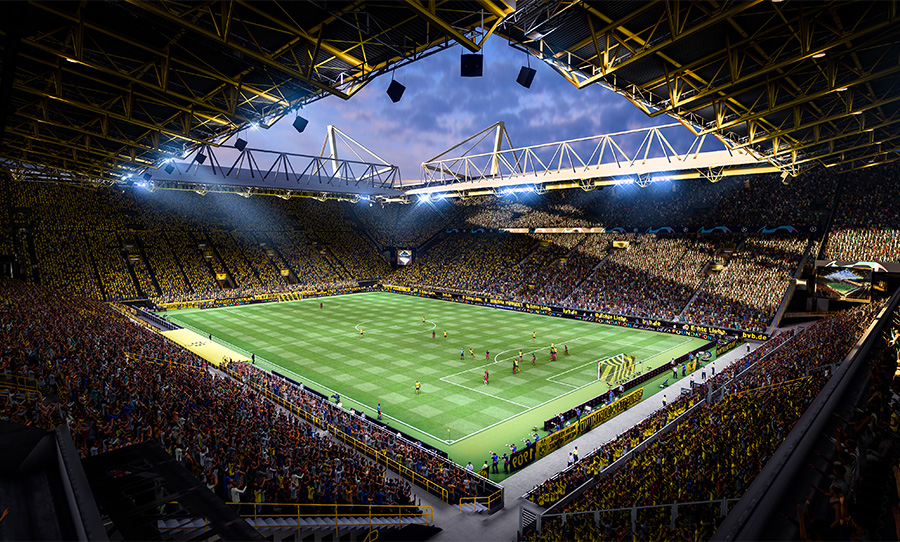
HAPPY: After being an ambassador for so many different areas of the sport of the years, from FIFA the game, to the Premier League, and of course representing Australia, is there one area that stood out as particularly important to you?
TIM: My experience is that goals get fans. Playing for Australia… how do I say it? I knew I was going to score. I knew that if I had three chances in the game, the percentages were in my favour to score. It’s not something I said openly, but it was something that I already knew inside. Tactically with where the back four stand, and knowing I wanted the ball, and other players around me knowing I wanted the ball.
So first I produce on the pitch, and then second I go to the fans. That’s with a goal celebration, signing autographs after the game, and social media. I started with social media many moons ago, when it wasn’t necessarily accepted on the international stage. But I knew very early on playing in the Premier League that it was everything. And now 15 or 20 years later, I’m happy I still have it. I take it quite lightly, it’s nice for commercial, it’s nice for educational, it’s nice for all things things I’m involved in.
HAPPY: You would have seen the recent media storm around Naomi Osaka’s withdrawal from the French Open. On your point of social media being everything – do you think that sport stardom has become completely intertwined with media and celebrity? And how do you think that’s affecting athletes in the long term?
TIM: Honestly for me, studying on and off the pitch for three years now, and because of my experiences, I put the human first. As a player I didn’t have to find solutions, because I had them all, but now as an executive, I look for solutions. More support around younger players, more support around athletes, more support around the psychology. This moment that’s happening in sport, it’s just about welfare for the individual. I suppose people don’t have to care – you don’t have to care how I feel – but education in the media around player welfare, yes we’re still human beings, yes we put ourselves out there, yes we can separate ourselves from that, but it’s a great question in that I believe the human element is so important. That’s probably the easiest way to answer that question.
HAPPY: Is that something that you struggled with in your career?
TIM: To be honest with you, I have a strong mindset in that I prepare and focus in the same way, whether it’s in sport or education. I have really strong family support and I’ve had so many highs and so many lows that it doesn’t make a difference. In sport you’re just a number, you know? So I learned very early on that – two world cups I did well, next two, too old, not going to be a part of it – so you have to focus on yourself, you have to find that answer. I’ve been really lucky to just focus on my small group; my family and my close friends.
HAPPY: You have been retired from the pitch for a few years now, obviously you’re still in the game in many ways though. But with some time to reflect, and with your return to FIFA as a hero, are there any career moments that stand out as extra special? Apart from Snoop.
TIM: (Laughs) Extra special would be creating pathways in Australia for kids to follow their dreams. Basically being a role model that broke every barrier – to think that I’ve scored five goals in four world cups, that reality for kids is there: an Australian Samoan did it. Playing in five continents around the world, laying down foundations. I’m someone who basically, if someone tells me I can’t do it, I’ll try my hardest to make it happen – in my surroundings. I’ve kept a really driven mindset that it didn’t matter about media, it didn’t matter about perceptions, it just mattered about what I wanted from my career. And in 23 years, I got what I wanted.
Now I get to look back, I get to celebrate with a new Hero Card, the fans get to tag me on Instagram, what’s better? Those are the priceless memories, realising what you’ve done. I’m very proud, and at the same time, very humbled.
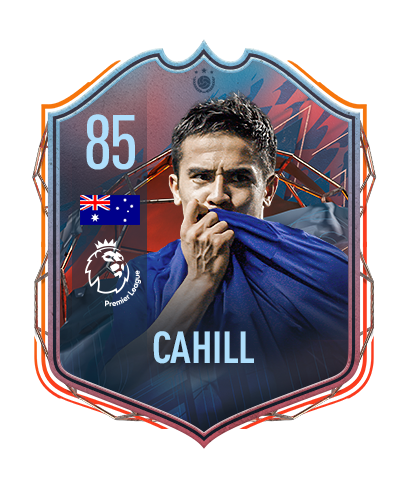
HAPPY: When you look forward 10 years, is that community engagement where you think your heart is?
TIM: I’m Chief Sports Officer at Aspire Academy, one of the most prestigious facilities in the world. My head, right now after my sporting career, is more dedicated than it was as a player. The biggest thing that I’ll leave you with is I treat my education now like I treated my football. Why stop? I left school at 16, went back to school at 39. I’m 41 now and I love the educational side, and I want to inspire kids to stay motivated. We can always take something from each other, and I’m blessed to be able to share my journey and to enjoy my journey looking forward.
FIFA 22 is coming to PC, PlayStation 4, PlayStation 5, Xbox One, Xbox Series X/S, and Nintendo Switch on October 1st, 2021. Pre-order your copy here.
